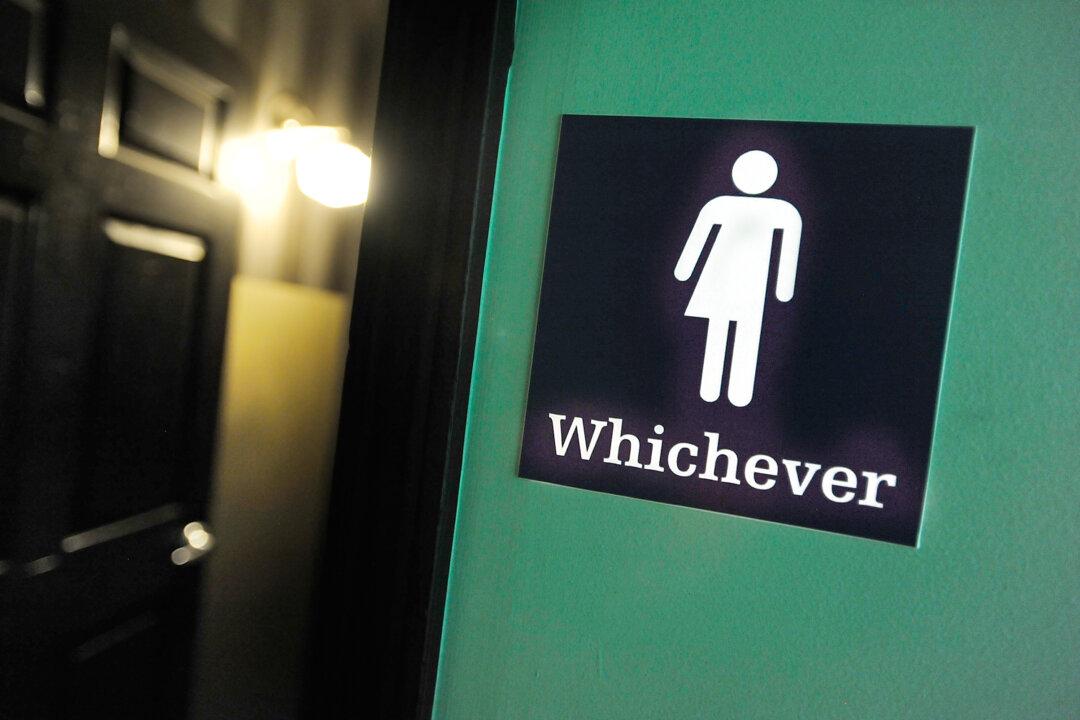A lawsuit has been filed against an Oklahoma school by Theresa Gooden, the mother of a 15-year-old female student who was allegedly physically assaulted in the women’s restroom by a 17-year-old student who identifies as transgender.
The lawsuit was filed on May 25 in the Oklahoma County District Court. The incident occurred on Oct. 26, 2022, at Edmond Memorial High School. The lawsuit alleges that the school district was aware that the transgender student, who is biologically male but identifies as female, was using the girls’ restroom, a violation of state law.




